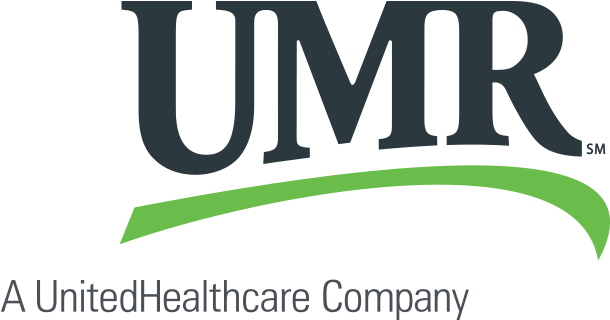Treatment for Bipolar Disorder and Cyclothymia
Bipolar disorder disrupts an individual’s mood, leading to intense shifts between manic highs and depressive lows. Conversely, Cyclothymia represents a less severe variant of bipolar disorder characterized by milder mood fluctuations. Both mood disorders substantially impact emotions, energy levels, and daily cognitive functioning, necessitating medical and therapeutic interventions to attain stability and effective management.
UMR typically provides coverage for these psychiatric conditions, guaranteeing access to treatment and mental health assistance. Nevertheless, it’s important to remember that the coverage details may vary from policy to policy.
Treatment for Borderline Personality Disorder (BPD)
Borderline Personality Disorder (BPD) is a mental health disorder marked by enduring patterns of instability in emotions, self-perception, and interpersonal connections. People with BPD frequently contend with intense mood fluctuations, impulsivity, unstable self-esteem, and difficulties in nurturing stable relationships, which negatively impact psychological health, relationships, and overall quality of life.
Nevertheless, through suitable therapy and treatment, it is possible to address and manage the symptoms effectively. UMR typically includes coverage for diagnosing and treating BPD, encompassing various psychotherapy techniques, medication management, and other interventions.
Treatment for Anxiety Disorder
Anxiety is a prevalent mental health disorder defined by an abundance of concern, fear, and unease regarding upcoming events or circumstances. Those grappling with anxiety frequently encounter physical manifestations such as restlessness, a swift heartbeat, perspiration, and muscle strain. Anxiety can substantially impact daily life, influencing work, relationships, and overall well-being.
United Medical Resources typically provides coverage for anxiety treatment, which may entail cognitive-behavioral therapy (CBT), medication management, and other methods grounded in scientific evidence to diminish symptoms and enhance overall well-being.
Treatment for Depression
Depression is a common mental health condition marked by enduring feelings of sadness, despair, and a lack of enthusiasm for once-enjoyed activities. Depression symptoms frequently involve changes in eating and sleeping routines, decreased energy levels, and challenges in maintaining focus, all of which can disrupt daily life, impact relationships, and, if untreated, even give rise to thoughts of self-harm.
UMR, as a third-party administrator, generally extends coverage for depression treatment. This may encompass preventive care benefits, therapy sessions, prescription drug coverage, and other evidence-based methods designed to alleviate depression symptoms and restore mental and emotional well-being.
Treatment for Post-Traumatic Stress Disorder (PTSD)
Post-Traumatic Stress Disorder (PTSD) may emerge after exposure to or observing a distressing event. Symptoms include intrusive flashbacks, disturbing nightmares, heightened anxiety, and emotional detachment. Those with PTSD might also exhibit hypervigilance and tend to evade situations that trigger memories of the traumatic incident. This condition can have a substantial impact on everyday existence and overall welfare.
UMR typically provides coverage for PTSD treatment, encompassing therapeutic interventions, medication, and other evidence-based approaches to develop effective coping strategies for stress management.







